ABOUT BRI
About BRI
When the doctor-patient relationship is undermined by poor healthcare policy, everyone suffers. BRI seeks to educate and inform medical students, residents, and students in affiliated fields of healthcare study about positive, proven healthcare policies that preserve and protect this fundamental medical and social compact that has been the foundation for optimal patient outcomes and physician well-being for centuries: the doctor-patient relationship.

BRI's Mission & Vision
BRI’s mission is to fully unleash the power of medicine to maximize human health and well-being by promoting solutions that protect the doctor-patient relationship as the primary means for delivering high quality medical care empowered by a robust free enterprise system that reduces costs and fosters innovation.
BRI's Purpose
BRI equips medical students with the knowledge and skills to be effective ambassadors for freedom in medicine by uniting medical students and students in affiliated fields of study, faculty, practicing physicians, and healthcare professionals from across the political spectrum who believe that free enterprise and the doctor-patient relationship are the best means for ensuring optimal patient outcomes at affordable prices.
Who Was
Benjamin Rush?
Dr. Rush often is referred to as the ‘Forgotten Founding Father.’ He signed the Declaration of Independence and also has been called the ‘Father of American Psychiatry.’
A protégé of the other Benjamin (Franklin), he reconciled a long-running dispute between Thomas Jefferson and John Adams, causing Adams to remark on Dr. Rush’s death:
“A better man than Rush could not have left us.”
BRI's Mission & Vision
BRI’s mission is to fully unleash the power of medicine to maximize human health and well-being by promoting solutions that protect the doctor-patient relationship as the primary means for delivering high quality medical care empowered by a robust free enterprise system that reduces costs and fosters innovation.
BRI's Purpose
BRI equips medical students with the knowledge and skills to be effective ambassadors for freedom in medicine by uniting medical students and students in affiliated fields of study, faculty, practicing physicians, and healthcare professionals from across the political spectrum who believe that free enterprise and the doctor-patient relationship are the best means for ensuring optimal patient outcomes at affordable prices.
Who Was
Benjamin Rush?
Dr. Rush was one of five physicians that signed the Declaration of Independence. He believed in the importance of medicine and dedicated his life’s work to protecting the sanctity of the patient-doctor relationship.
According to Dr. Rush and the Founders, it is the government’s duty to protect natural human rights.
To preserve American freedom — which includes doctors’ ability to treat their patients without stifling regulation — Dr. Rush believed that government must be limited and operate similarly to medicine’s guiding principle:
First, do no harm.
Meet The Team
Leadership Team
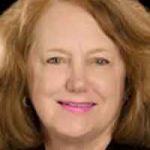
Sally Pipes
Founder & Chair

Jan Breslow, MD
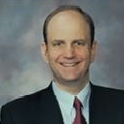
Jack Brown
Acting Executive Director
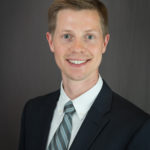
John Flo, MD

Devon Herrick, PhD
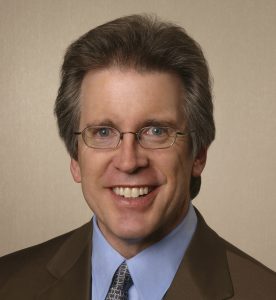
Robert Hertzka, MD

Juliette Madrigal, MD
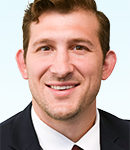
Trenton Schmale, MD
Core Staff

Edina Kovacs
Director of Chapter Development

Robbie Ellis
Database & Program
Support Director
Join the Movement
Become a member of the Benjamin Rush Institute. Find out how the free enterprise practice of medicine transforms the practice of medicine, providing optimal patient outcomes, and increased physician satisfaction while reducing costs.
Donate to BRI
With your support, we are able to give pre-med and medical students opportunities to shape the future of healthcare.
